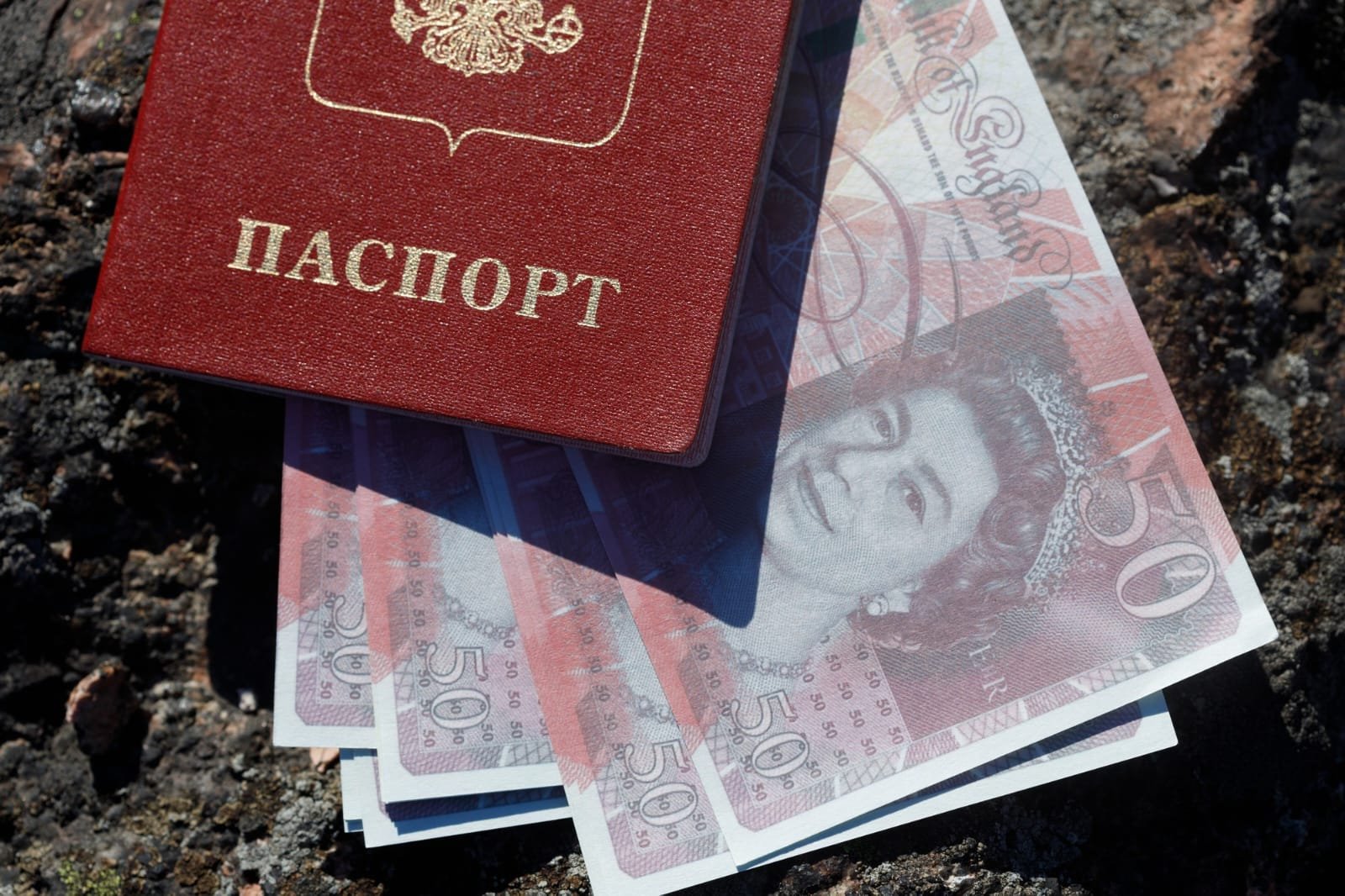In 2023, the issuance of diplomatic visas to EU officials hit a decade-low at 447. Data from the Russian Consular Department reveals that in 2023, there was a 6.6 percent decrease in the issuance of diplomatic visas compared to the previous year, with 479 visas granted in that period. While the COVID-19 pandemic has influenced shifts in top recipient countries, a significant reason for the decline in visa issuance is attributed to the conflict in Ukraine, which has strained relations with EU nations.
Between 2015 and 2023, Russian authorities issued a total of 5,411 diplomatic visas. The highest number was granted to EU officials in 2015 (924), followed by a decrease in 2016 (649), and a slight increase in 2017 (701). However, since the onset of the pandemic, there has been a significant decline in the issuance of such visas. In 2019, 648 visas were granted, dropping to 490 in 2020 amidst COVID-19 lockdowns and travel restrictions. The conflict in Ukraine, which began in 2022, further impacted visa issuance, with only 479 visas granted that year. In 2023, the number decreased to 447.
In 2023, Austria topped the list of countries receiving diplomatic visas from Russia, with 104 visas, followed by Belgium with 39 and Bulgaria with 36. Notably, no diplomatic visas were issued to Swedish and Estonian officials that year. In 2022, Ireland, Norway, Slovenia, Croatia, and Switzerland also did not receive any diplomatic visas.
Before the COVID-19 pandemic, Romania led in receiving Russian diplomatic visas from 2015 to 2020. However, since 2021, Austria has been the primary recipient. In total, 1,123 Russian visas were granted to Romanian officials during this period. However, in 2023, only three diplomatic visas were issued to Romanian representatives, accounting for 21 percent of all diplomatic visas granted to EU officials between 2015 and 2023.
Throughout the years, Russia issued fewer diplomatic visas to officials from Estonia, Germany, Switzerland, Croatia, and France. Regarding EU citizens, Russia granted 160,000 visas in 2023, with the majority going to German citizens, comprising 37 percent of the total.

